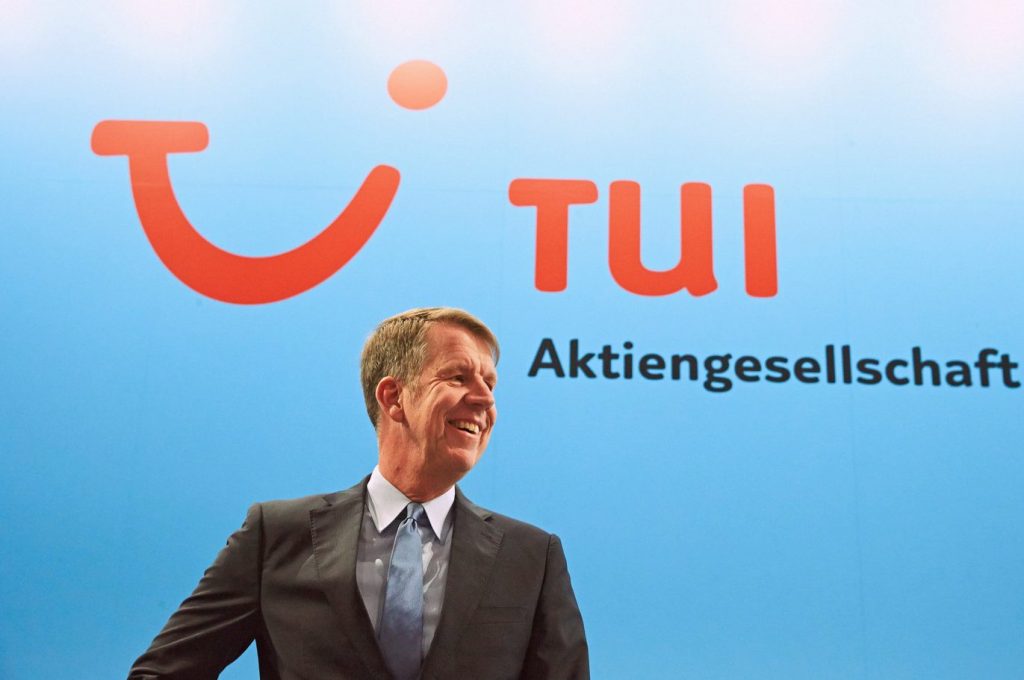Skift Take
Having managed to shift capacity westwards from the trouble spots in the Middle East and North Africa, TUI Group now looks in a good position to capitalise on the continued desire of Europeans to travel.
While plenty of travel companies are suffering in the wake of geo-political shocks across Europe, TUI Group insists it is pretty much business as usual.
Yes, revenue fell during its fiscal third quarter, which ended June 30, and has been revised down slightly for the year but it is still on course to hit its profit target growth of 10 percent.
So with Brexit in the UK and terrorism impacting holiday destinations for European travelers, how is TUI managing to stay ahead?
For CEO Fritz Joussen it all comes down to its so-called vertically integrated model.
For years this was a popular way of operating with companies controlling all aspects of a trip. The internet changed things with online travel agents free to take an asset-light approach. After all, owning aircraft and hotels is an expensive business and if things go wrong you are stuck with them.
But with high levels of competition in the Western Mediterranean, Joussen sees control as being key.
“I would say what we see right now is how valuable our vertically Integrated business model is because we actually can make integrated decisions,” he told journalists on a conference call following the publication of the company’s results.
“If we see a travel warning in a certain country we can make a decision to buy additional hotel capacity we can make a decision to divert our flight plan into a new destination and we can make a decision to market new destinations and provide offers to our customers in an integrated way.”
This control and flexibility is particularly important given the spate of recent terrorist attacks across key destinations.
Tunisia, Egypt and Turkey have all suffered, in varying degrees, over the past 18 months, taking a huge amount of capacity out of play.
This has shifted travel westwards with Spain especially proving popular. Joussen estimates that around 2 million customers have changed their behaviour as a result of the threat of terrorism in these destinations.
“The overall numbers of travellers will be higher than last year’s and also the overall revenue will be higher than last year. So customers still want to travel but they travel a little bit differently,” he said.
The company still expects underlying EBITDA (earnings before interest, taxes, depreciation and amortization) growth of at least 10 percent but its brand turnover (or revenue) forecast has been cut from a 5 percent increase to 3 percent.
In the third quarter underlying EBITDA rose by 1.1 percent to €180 million. TUI’s total EBITDA for the nine months to June 30, stands at a loss of €57 million. Like most travel companies it will make the bulk of its profits in the peak summer season.
Shares in the company were up by 2.57 percent to £10.38 in the early afternoon (GMT).
The Daily Newsletter
Our daily coverage of the global travel industry. Written by editors and analysts from across Skift’s brands.
Have a confidential tip for Skift? Get in touch
Tags: earnings, security, tui group
Photo credit: TUI Group CEO Fritz Joussen. The tour operator still expects to hit its profit growth target for 2015/2016. TUI AG
